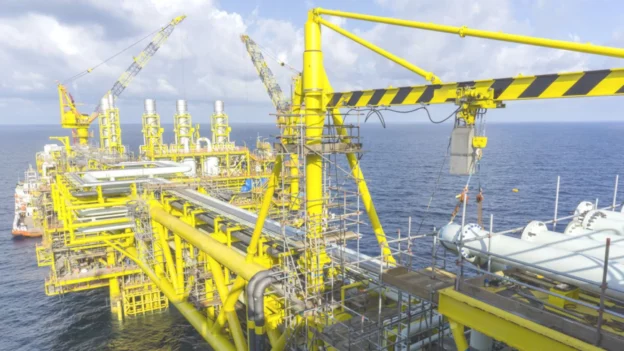James Fisher Decommissioning, a division of James Fisher and Sons, has successfully completed its decommissioning operations in the Gulf of Thailand. This work is part of a larger campaign aimed at deactivating assets at the end of their useful life for a prominent operator in the region.
Maritime Decommissioning: Key Project in Thailand
Subsequently, this company specialized in marine decommissioning managed to extend its agreement with a leading engineering, preparation, removal and disposal (EPRD) operator in the maritime sector . This contract thus becomes the largest project that James Fisher Decommissioning has undertaken to date.
Additionally, the gigantic decommissioning project included the use of advanced technology for real-time outage verification , facilitating the deactivation of 25 gas platforms that were no longer in operation. This technology was a key piece in supporting the client’s broader asset decommissioning campaign.
During the process of removing the underwater metal structure, a viewing system was used for each abrasive cut, allowing operations to be performed correctly on the first attempt, eliminating the need to review the initial cut. According to company statements, this innovation reduced cutting times by half, thus optimizing efficiency and saving valuable time for the project.
James Fisher leads in environmental responsibility
Mark Stephen, director of dismantling at James Fisher , highlighted that this type of operation has been a first for the company in terms of the volume and duration of the removal of metal structures. He expressed his pride in having been part of a project that not only met the estimated timelines, but also ensured the highest quality standards for the client.
An important aspect is that decommissioning operations in the maritime sector involve the removal of structures and also promote environmental responsibility. By removing obsolete infrastructure, ecological risks are minimized and the recovery of areas affected by former industrial operations is possible, which contributes significantly to the conservation of marine ecosystems.
Follow us on social networks and don’t miss any of our publications!
Inspenet.com YouTube LinkedIn Facebook Instagram X
Source: marinetechnologynews
Photo: Shutterstock

